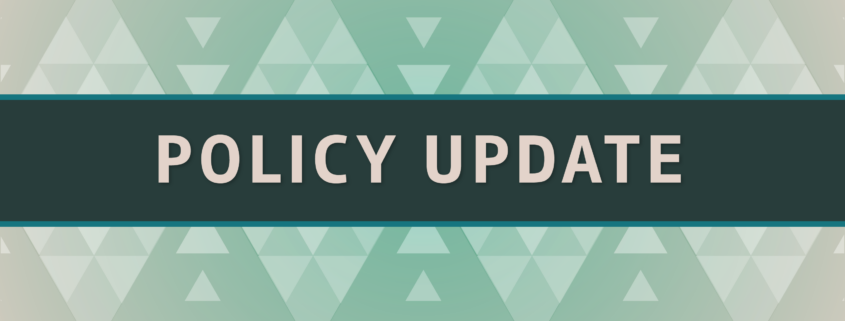April Policy Updates: Highlights from NCUIH’s Annual Conference and Hill Day, HHS Reorganization, Medicaid Cuts, and More
In this Edition:
📸 Annual Conference & Hill Day Recap: Key updates from Annual Conference and Hill Day activities.
🚨 UIO and HHS Partnership – Secretary Kennedy Visits Arizona Urban Indian Organization NATIVE HEALTH.
⚖ Lawsuits & Court Cases Updates – Current court cases and legal action impacting American Indian and Alaska Native (AI/AN) health care and policy.
📜 Legislative Updates – NCUIH-Endorsed Legislation Reintroduced to Maintain Access to Audio-Only Telehealth Services in Indian Country.
🚨 Budget Resolution – Congress Passes Budget Resolution Paving the Way for Major Tax Cuts and Medicaid Spending Threats.
📬 Federal Agency Actions – Department of Health and Human Services (HHS) Announces Reorganization, Office of Management and Budget’s (OMB) HHS FY 2026 Discretionary Budget Passback.
📜 Tribal Coalition Update – A coalition of 20+ Tribal organizations mobilizes to protect the Indian Health Service (IHS) and AI/AN health programs from administrative threats.
📆 Upcoming Events – IHS Health Information Technology Modernization Tribal Consultation and Urban Confer.
NCUIH’s 2025 Conference and Hill Day
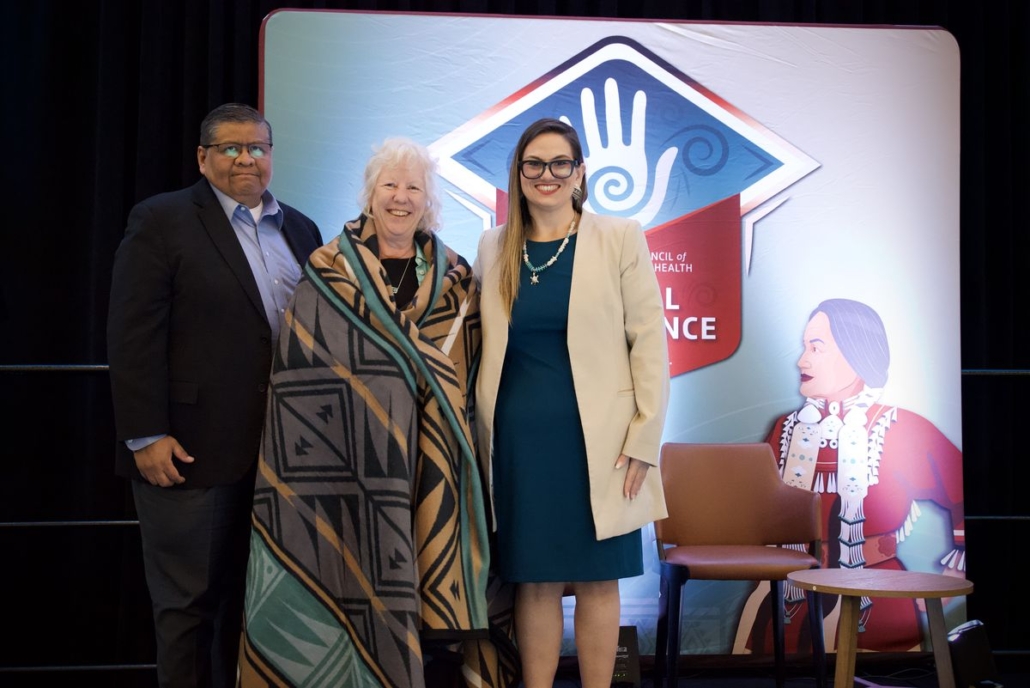
Pictured: Walter Murillo (Choctaw Nation), CEO of NATIVE HEALTH; Kitty Marx, former Director of the CMS Division of Tribal Affairs; and Francys Crevier (Algonquin), CEO of the National Council of Urban Indian Health
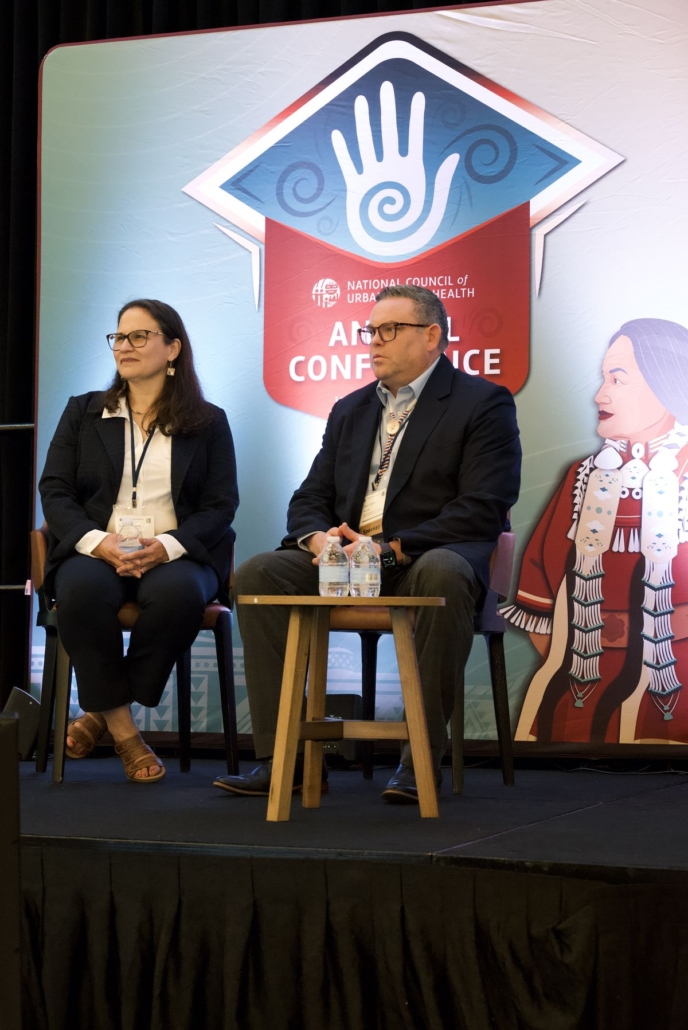
Pictured: Executive Director of the Department of Veterans Affairs (VA) Office of Tribal Government Relations Stephanie Birdwell (Cherokee Nation in Oklahoma) and Director of the VA Office of Tribal Health Travis Trueblood (Choctaw Nation).
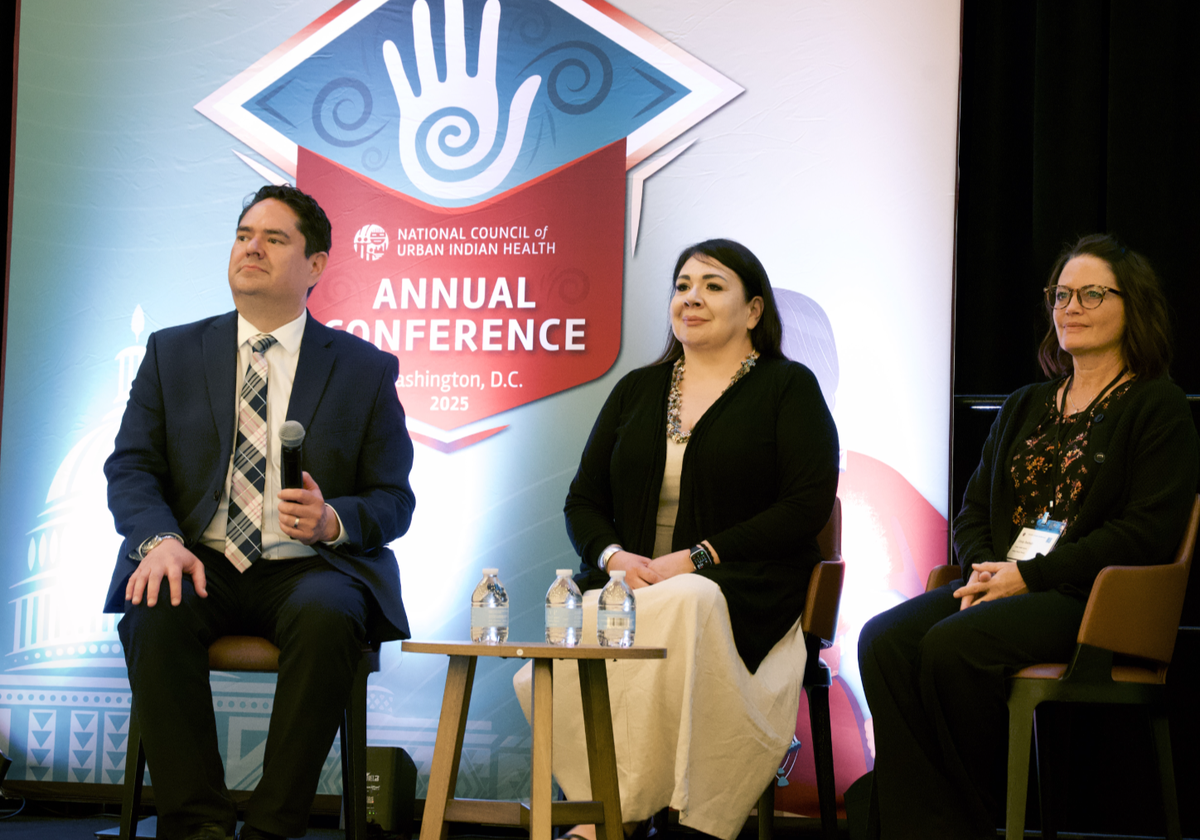
Pictured: Ben Smith (Navajo Nation), Acting Director of the Indian Health Service.
NCUIH’s annual conference fostered engagement between Urban Indian Organizations (UIOs) and federal agency leaders and featured:
- IHS Listening Session with Acting Director Ben Smith
- Department of Veterans Affairs update with Executive Director of the Department of Veterans Affairs (VA) Office of Tribal Government Relations Stephanie Birdwell and Director of the VA Office of Tribal Health Travis Trueblood
- Keynote address on Historical Perspectives on Centers for Medicare & Medicaid Services (CMS) Policy and UIOs with Former Director of CMS Division of Tribal Affairs Kitty Marx
The NCUIH Annual Conference concluded with a Capitol Hill Advocacy Day, where the NCUIH and leaders from UIOs met with over 50 Congressional offices. This event was significant as it provided a platform for these leaders to directly engage with policymakers, amplifying the voice of UIOs and highlighting their priorities.
Secretary Kennedy Visits Arizona Urban Indian Organization NATIVE HEALTH

L to R: Francys Crevier (Algonquin), JD, CEO of NCUIH; Kyu Rhee, President and CEO of the National Association of Community Health Centers (NACHC); Secretary Kennedy; Jessica Yanow, President and CEO of the Arizona Alliance for Community Health Centers; Walter Murillo (Choctaw), CEO of NATIVE HEALTH.
On April 8, HHS Secretary Robert F. Kennedy Jr. visited NATIVE HEALTH’S Mesa clinic to learn more about the vital work of UIOs as part of the Indian Health System. Secretary Kennedy is on a tour that includes a focus on “Tribal Health & Self-Governance” and a discussion with Navajo Nation leadership on food sovereignty initiatives.
NCUIH is hopeful that this visit was helpful in ensuring Secretary Kennedy understands the unique context and needs of the Indian health system, and that Secretary Kennedy continues to engage with Tribal and UIO leadership to ensure that the Indian health system is protected and prioritized.
Read our press release here.
Monitoring The Bench: Lawsuits Filed Against Recent Executive Orders and Presidential Actions
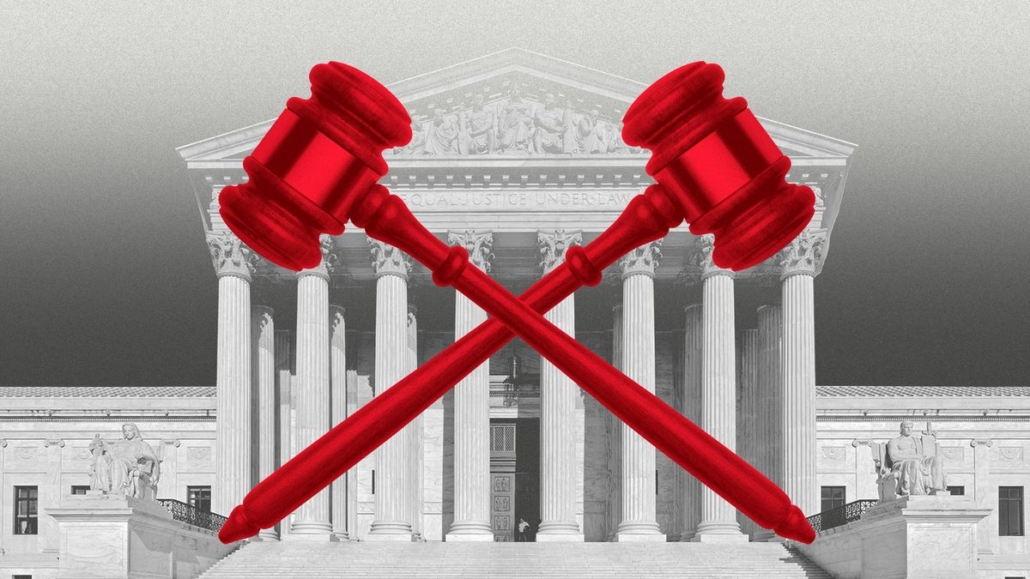
American Federation of Government Employees v. U.S. Office of Personnel Management (OPM) – A lawsuit filed in the Northern District of California by federal employee unions against OPM challenging the mass firing of probationary federal employees at Departments of Veterans Affairs, Agriculture, Defense, Energy, Interior, and the Treasury. Preliminary Injunction (PI) was Granted on 3/13 and appealed up to SCOTUS.
- SCOTUS question: Whether the Supreme Court should stay the district court’s injunction ordering six departments and agencies to immediately offer reinstatement to over 16,000 employees who were laid off.
- SCOTUS Granted the Motion to Stay the PI on 4/8.
State of California v. U.S. Department of Education – A lawsuit filed the District of Massachusetts by eight states (CA, MA, IL, CO, NJ, WI, NY, MD) challenging the termination of $65 million worth of grants on because they funded diversity, equity and inclusion initiatives. Temporary Restraining Order (TRO) was Granted on 3/10 and appealed up to SCOTUS.
- SCOTUS question: Whether the Supreme Court should vacate the district court’s March 10 order which requires the government to immediately reinstate millions of dollars in federal grants that had been terminated.
- SCOTUS Vacated the TRO on 4/4.
Over 100 lawsuits have been filed against recent executive orders and presidential actions, covering issues like agency data access, federal employee terminations, and elimination of diversity, equity, and inclusion (DEI) initiatives. NCUIH continues tracking these cases to identify any rulings that may impact UIOs.
Bipartisan Legislation to Maintain Access to Audio-Only Telehealth Services in Indian Country and for UIOs
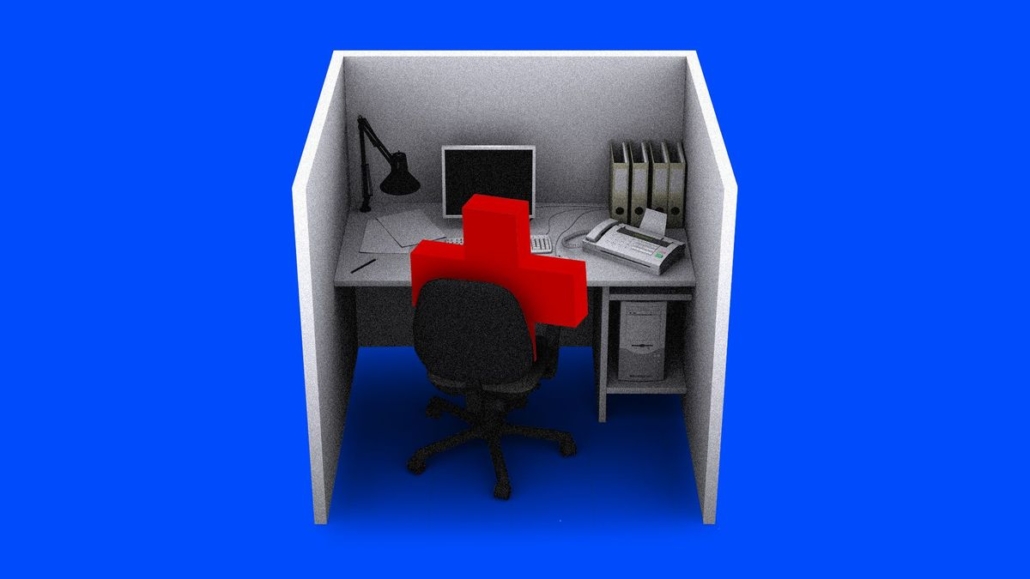
On April 3, Congresswoman Teresa Leger Fernández (D-NM-03) reintroduced the NCUIH-endorsed Telehealth for Tribal Communities Act of 2025 (H.R. 2639) which would make permanent a Covid-19 Public Health Emergency (PHE) temporary provision allowing audio-only telehealth services for Medicare beneficiaries receiving care through Indian health programs or UIOs.
- The bill was cosponsored by Congressman Jay Obernolte (R-CA-23), Congresswoman Melanie Stansbury (D-NM-01), Congressman Raul Ruiz (D-CA-25), Congresswoman Eleanor Holmes Norton (D-DC-At Large), and Congresswoman Norma Torres (D-CA-35).
- Why it matters: Providing access to audio-only telehealth services allows patients to access care even when broadband access is limited or unavailable. Prior to the PHE ending in May 2023, IHS patients used audio-only services 60% of the time and video telehealth 39% of the time, demonstrating how valuable this provision is to patients. This legislation will help address the persistent challenge of accessing healthcare in Indian Country.
“The National Council of Urban Indian Health is grateful for Representative Leger Fernandez’s dedication to improving health outcomes for American Indian and Alaska Native communities. Maintaining the Public Health Emergency’s Medicare reimbursement of audio-only telehealth will help our Native elders have continuity and access to critical health care,” said Francys Crevier (Algonquin), CEO, National Council of Urban Indian Health.
Next Steps: The bill was referred to the House Committee on Energy and Commerce and the House Committee on Ways and Means. It currently awaits consideration.
Congress Passes Budget Resolution Paving the Way for Major Tax Cuts and Medicaid Spending Threats
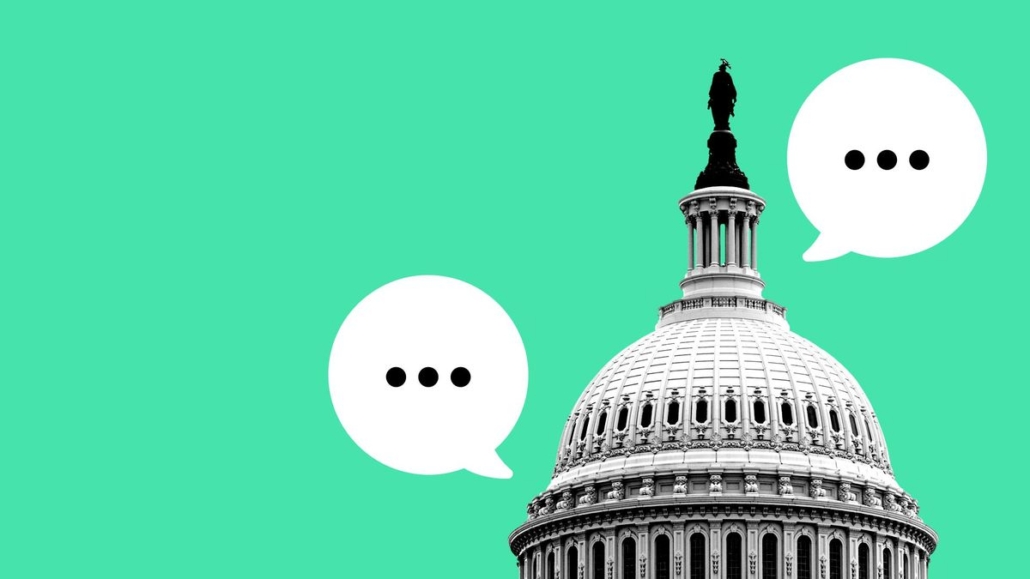
On April 10, the House passed a Senate-passed budget resolution with a 216-214 vote. The budget resolution includes:
- Extension of 2017 Trump tax cuts, allows for $1.5 trillion in new tax cuts
- Raise debt ceiling by $5 trillion
- Tentative agreement on $1.5 trillion in spending cuts, minimum $4 billion. The Energy and Commerce Committee has been the main target of spending cuts, with the House proposing $880 million in cuts, which would mainly come from Medicaid. Proposed Medicaid reforms include:
- Medicaid Work Requirements
- Affordable Care Act (ACA) subsidy reforms
- Targeting “able-bodied” beneficiaries
Next Steps: With the budget resolution now passed, each chamber has begun the process of drafting the final reconciliation passage, with a target passage before September.
Congressional Support for Medicaid and Recent NCUIH Advocacy:
On April 16, 12 Republican House members sent a letter to House Leadership requesting no cuts to Medicaid specifically for vulnerable populations, including children, underrepresented areas, and rural communities. The letter highlights that some districts have over 50% of their population on Medicaid. Rep. Bacon (R-NE-2) and Rep. Valadao (R-CA-22) co-led the letter, who both have UIOs in their district.
On April 3, NCUIH joined the Partnership for Medicaid—which is a nonpartisan, nationwide coalition of organizations representing clinicians, health care providers, safety-net health plans, and counties with the goal to preserve and improve the Medicaid program— in a statement opposing the budget resolution cuts that could severely impact Medicaid access for AI/AN communities.
NCUIH is participating in Capitol Hill meetings with the Partnership to emphasize the importance of Medicaid’s role in AI/AN communities, and to spotlight the unique needs of UIOs.
- Why it Matters: In 2023, approximately 2.7 million AI/AN people were enrolled in Medicaid across the United States, according to American Community Service data. Medicaid is a major source of health care funding, particularly for UIOs, which provide essential healthcare services to AI/AN people living in urban areas. The proposed Medicaid cuts would threaten the ability of UIOs to sustain necessary service offerings, potentially reducing access to essential health care services for urban AI/AN people.
- Read NCUIH’s comprehensive overview highlighting the crucial role Medicaid plays in providing health care to AI/AN communities.
HHS Announces Reorganization Impacting HRSA, SAMHSA, and Indian Country Programs

On March 27, HHS announced plans for a “dramatic restructuring” in accordance with President Trump’s Executive Order, “Implementing the President’s ‘Department of Government Efficiency’ Workforce Optimization Initiative.” IHS is not a part of the HHS reorganization. There will be one, possibly two, tribal consultations on reorganization.
HHS stated the restructuring will include:
- Reducing HHS workforce by about 10,000 full-time employees
- Consolidating HHS’ divisions from 28 to 15, including the Health Resources and Services Administration (HRSA) and the Substance Abuse and Mental Health Services administration (SAMHSA), to create a new entity, the Administration for a Healthy America (AHA)
- Centralizing core functions
- Reducing regional offices from 10 to 5
Impacts to Indian Country:
- Center for Indigenous Innovation and Health Equity within Office of Minority Health has been eliminated. This likely includes the Center’s Tribal Advisory Committee.
- SAMHSA’s Center for Mental Health Services has been closed. This could impact the Circles of Care Program and Native Connections grant many UIOs have.
- CDC Healthy Tribes Program staff were terminated. Healthy Tribes funded 3 programs: Good Health and Wellness in Indian Country (4 UIOs are awardees); Tribal Practices for Wellness in Indian Country; Tribal Epidemiology Centers Public Health Infrastructure.
Read NCUIH’s Press Release.
NCUIH Advocacy:
On April 4, NCUIH sent a letter to IHS Acting Director Ben Smith requesting an urgent Urban Confer NCUIH requested that IHS:
- Safeguard and hold harmless HRSA-funded UIOs and Tribal programs Maintain SAMHSA grants for UIOs and Tribal Health Programs
- Preserve CMS Office of Minority Health research initiatives related to AI/AN communities
- Ensure the continuity of all Division of Tribal Affairs (DTA) offices and all Tribal Advisory Committees
- Preserve all funding and programs designated for AI/AN people
On April 14, NCUIH sent a letter to HHS Secretary Kennedy expressing our concerns with the reorganization and potential elimination of AI/AN-serving programs. In the letter we requested that the Administration protect all-AI/AN serving health programs.
NCUIH is committed to working with the Administration to ensure that the trust responsibility is fulfilled and that UIOs have the resources needed to effectively support their patients and communities. We will continue to closely monitor the restructuring and any impacts it may have on HHS operating divisions and programs affecting the Indian Health system.
OMB’s HHS FY 2026 Discretionary Budget Passback
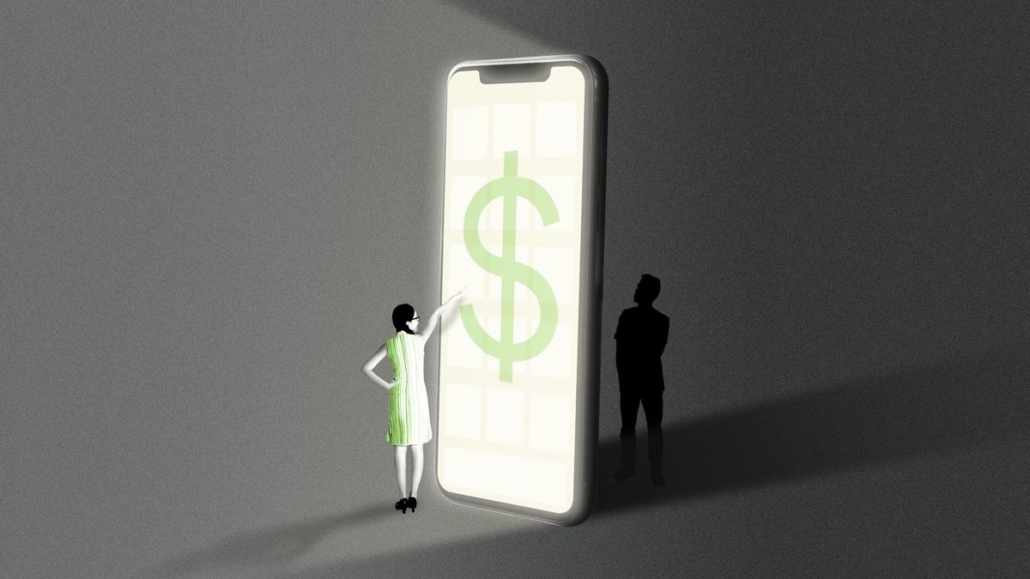
On April 17, reports emerged about cuts to federal health programs in an April 10 OMB FY 2026 Discretionary Budget Passback for HHS. The OMB Passback outlines sweeping cuts to HHS, including IHS, and other HHS operating divisions and programming.
The proposed reductions include nearly $900 million in cuts to the IHS budget and the elimination of IHS advance appropriations, elimination of Tribal Behavioral Health Grants, uncertainty about HIV/AIDS programming, elimination of Food is Medicine program, and more.
- We want to note that this Passback includes a significant proposed reduction in the IHS “Other Services” which includes the UIO line item compared to the FY2025 budget.
- While we cannot tell from the Passback what this reduction would mean specifically for the UIO line item, we know that Tribal Management Grants and Self-Governance, which also fall under the “Other Services” category are zeroed out.
- IHS Professions, IHS Direct Operations and Urban Health are all within the “Other Services” line and had no noted reduction so there is ambiguity in this proposal.
- While the proposal includes a recommendation to rescind advance appropriations for FY26, advance appropriations for FY26 was included in the Continuing Resolution, so it would take an act of congress to rescind or reduce. Further, the staff for interior appropriations said they would not cut advance appropriations which means that they will most likely have level funding for at least a year.
- This is a proposed budget and we are still awaiting the final President’s Budget which should be coming out soon.
On April 18, NCUIH sent a letter to HHS Secretary Kennedy urging him to immediately appeal this Passback. In the letter to HHS, NCUIH informed Secretary Kennedy the of the devastating effects of these cuts and that the proposed cuts are not consistent with federal government’s trust responsibility and the Make American Healthy Again initiative.
Read more on our Policy Blog.
Coalition for Tribal Sovereignty Update
NCUIH has joined forces with over 20 Tribal organizations to ensure current administrative actions do not harm AI/AN people and the programs that serve them.
Recent NCUIH Actions with the Coalition:
- Sent a letter on April 18 to the HHS Secretary Kennedy, expressing concern regarding the substantial proposed budget cuts to various divisions within the HHS, including IHS and other HHS offices that together deliver critical Tribal programming, as outlined in the OMB HHS 2026 Discretionary Budget Passback.
- Sent a letter on April 9 to the White House requesting the Administration to issue a new Executive Order protecting Tribal programs following the rescission of Executive Order 14112, “Reforming Federal Funding and Support for Tribal Nations To Better Embrace Our Trust Responsibilities and Promote the Next Era of Tribal Self-Determination.”
Learn more at www.coalitionfortribalsovereignty.org.
Federal Agency Tribal Meetings: HHS 27th Annual Tribal Budget Consultation, HHS Secretary’s Tribal Advisory Committee, and IHS Direct Service Tribal Advisory Committee
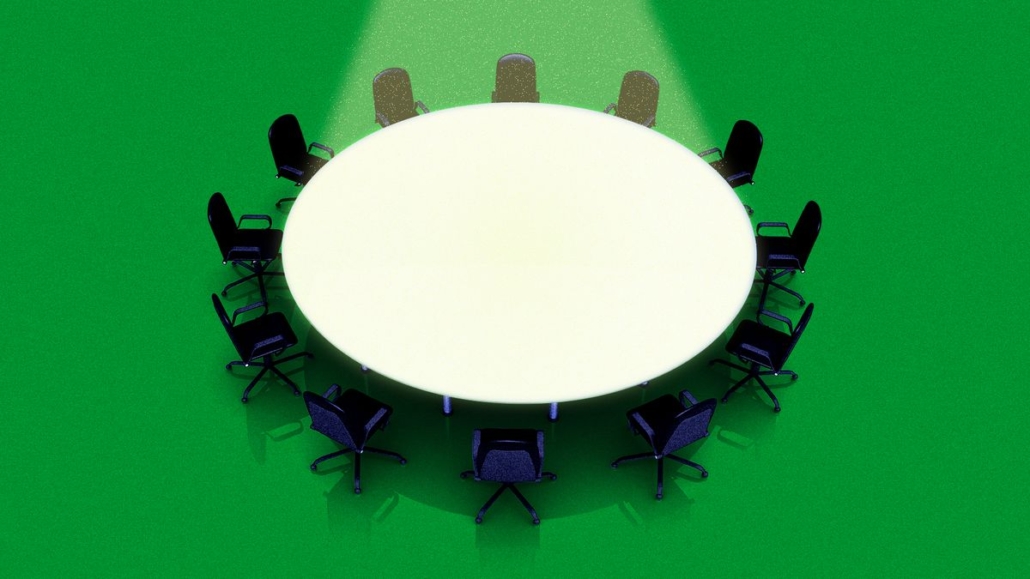
HHS 27th Annual Tribal Budget Consultation
On April 22-23, HHS held their 27th Annual Tribal Budget Consultation meeting in Washington D.C. The Tribal Budget Formulation Workgroup (TBFWG) presented their budget recommendations for FY 2027, entitled The Federal Trust Responsibility to Tribal Nations: A Strategy to Advance Indian Health Care.
By the numbers:
- The recommendation for IHS is full mandatory funding at $73 billion, ten times the current IHS funding level, to address the need for AI/AN healthcare.
- The TBFWG also recommends and full funding for urban Indian health at $1.094 billion, an over $1 billion increase above the FY 2024 enacted amount of $90.42 million.
On April 18, NCUIH submitted comments for the HHS FY 2027 budget request. NCUIH requested that HHS:
- Propose full funding for the Urban Indian Health line item for a minimum of $100 million in the HHS FY 2027 Budget and funding to the maximum amount possible for the IHS overall
- Protect funding for Indian health care providers by proposing mandatory appropriations for IHS and exempting HHS Indian Country funding, including for UIOs, from sequestration
- Appeal the proposed reduction to HHS funding in the OMB HHS FY 2026 Discretionary Budget Passback
- Ensure UIO inclusion in the budget formulation process
- Additional funding priorities: Propose moving contract support costs (CSC) and 105(l) leases to mandatory funding, Protect staff serving Indian Country from reduction in force, Propose a legislative fix setting the Federal Medical Assistance Percentage (FMAP) at 100% for Medicaid services provided at UIOs.
HHS Secretary’s Tribal Advisory Committee (STAC) & IHS Direct Service Tribal Advisory Committee (DSTAC)
On April 24, HHS STAC and IHS DSTAC meetings were held in Washington, D.C.
Key takeaways:
- IHS is unable to hire at executive levels- which includes Director-level vacancies for the Nashville and Billings areas- because the Administration extended the hiring freeze.
- IHS is unable to fully implement IHS’ reorganization because of the change in Administration. However, the changes within the offices under the Deputy Director for Intergovernmental and External Affairs are permanent.
- The VA lifted the pause on the VA’s Advisory Committee on Tribal and Indian Affairs (ACTIA). Unfortunately, there was also news that there is a recommendation to eliminate the VA’s Office of Tribal Relations.
- IHS reiterated that the United States will always have a government-to-government relationship with Tribes and a statutory relationship with UIOs, and that this will never change.
ICYMI: Recent Dear Tribal and Urban Leader Letters (DTLL/DULL)

March 26 DULL – The Acting IHS Director Updates UIOs Leaders About Requirements Regarding the FY 2025 IHS Urban Emergency Fund (UEF).
- The UEF is a limited, discretionary allocation fund managed by the Office of Urban Indian Health Programs (OUIHP) to address cots incurred during one-time, non-recurring emergencies and disaster relief efforts involving UIOs.
- OUIHP has allocated $250k to UEF, but funding is not guaranteed and is subject to the availability of appropriations.
- To be eligible for UEF – a UIO must have a contract with IHS.
- An emergency is defined as a sudden, urgent, usually unexpected occurrence or occasion that requires immediate action to avoid imminent or substantial endangerment to public health of safety.
- To make a request a UIO must submit a written request to the applicable IHS Area Director, with copies to the Area Chief Contracting Officer and the UIO’s Contracting Officer Representative.
- Questions can be directed to Rick Muller, Acting Director, OUIHP, IHS at rick.mueller@ihs.gov.
April 7 DTLL/DULL – The Acting IHS Director writes to Tribal leaders and UIO leaders that the IHS will continue to use the competitive grant funding distribution method for the seven behavioral health initiatives.
- The seven behavioral health initiatives are:
- Suicide Prevention, Intervention, and Postvention (SPIP)
- Substance Abuse, Prevention, Treatment and Aftercare (SAPTA)
- Domestic Violence Prevention (DVP)
- Forensic Health Care Services (FHC)
- Zero Suicide Initiative (ZSI)
- Behavioral Health Integration Initiative (BH2I)
- Youth Regional Treatment Centers Aftercare Pilot (YRTC)
- IHS published a summary report following the 2024 Tribal Consultation and Urban Confer sessions on funding methodologies for seven behavioral health initiatives.
April 8 DTLL – The HRSA Administrator writes to Tribal leaders to provide information about the National Health Service Corps (NHSC) Loan Repayment Programs.
- HRSA expects that an additional $16 million from HRSA’s annual appropriations of NHSC Loan Repayment Programs will be dedicated to supporting clinicians serving I/T/U facilities.
- The application window for HRSA’s NHSC Loan Repayment Programs is open until May 1, 2025.
- HRSA is asking for Tribal leaders’ help in publicizing the information.
Upcoming Events

- May 6-8 – IHS Bemidji Area FY 2026 Pre-Negotiation Conference in Bloomington, MN. More info here.
- May 15 – OUIHIP-Urban Program Executive Directors/Chief Executive Officers Monthly Conference Call.
- May 15 – IHS Health Information Technology (HIT) Modernization Tribal Consultation and Urban Confer (virtual). Register here.
- May 21 – Next NCUIH Monthly Policy Workgroup (virtual).

